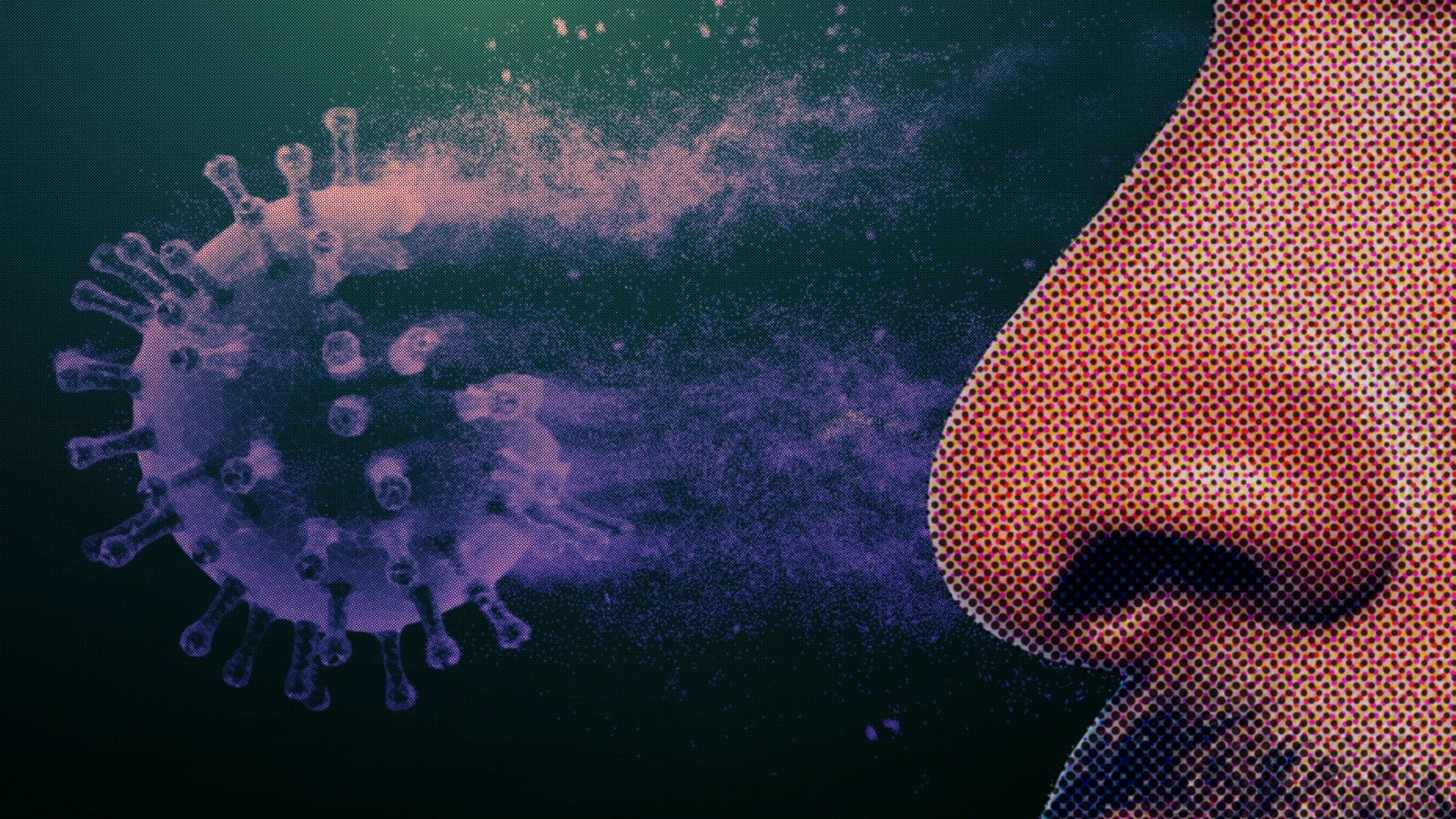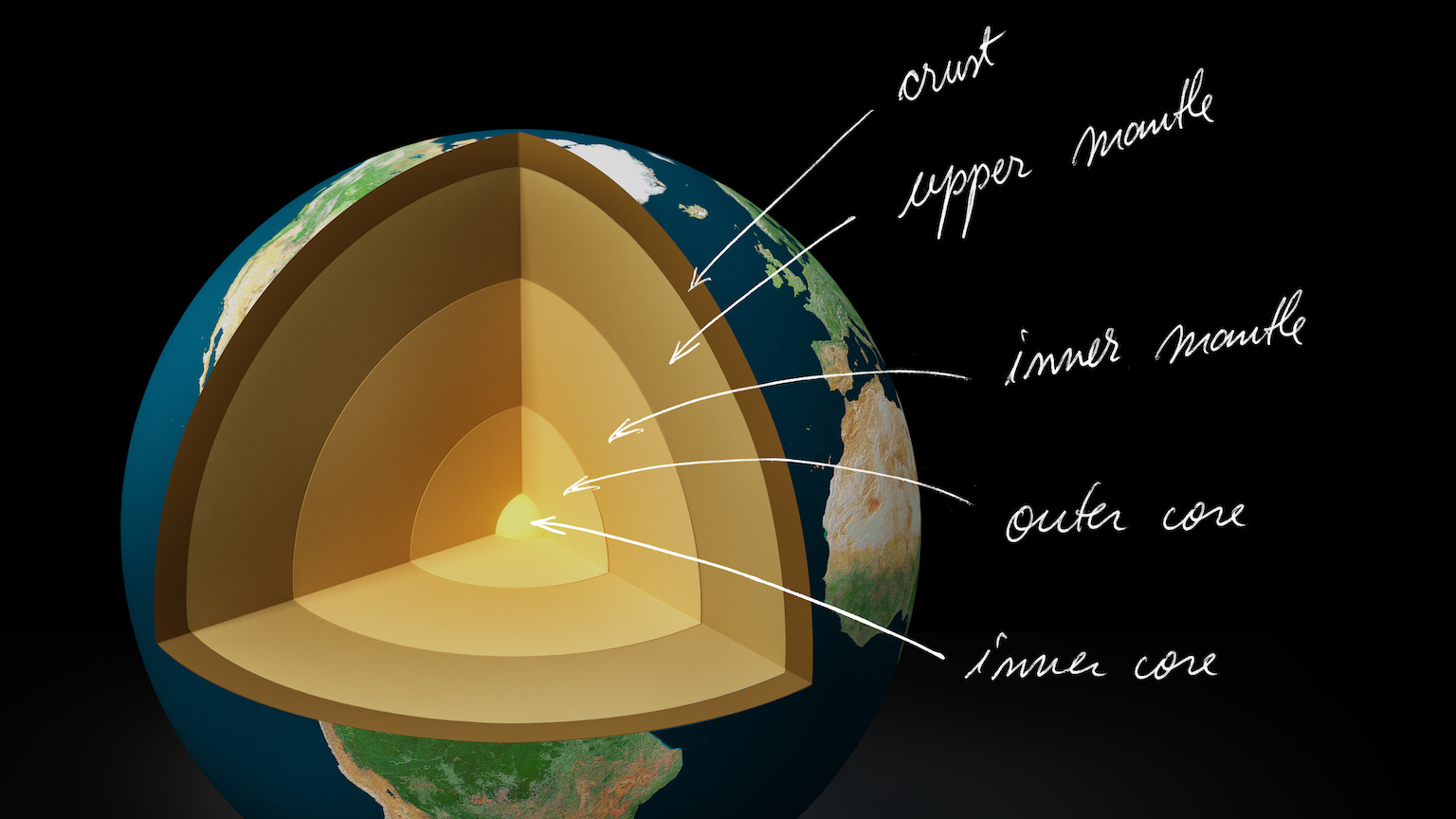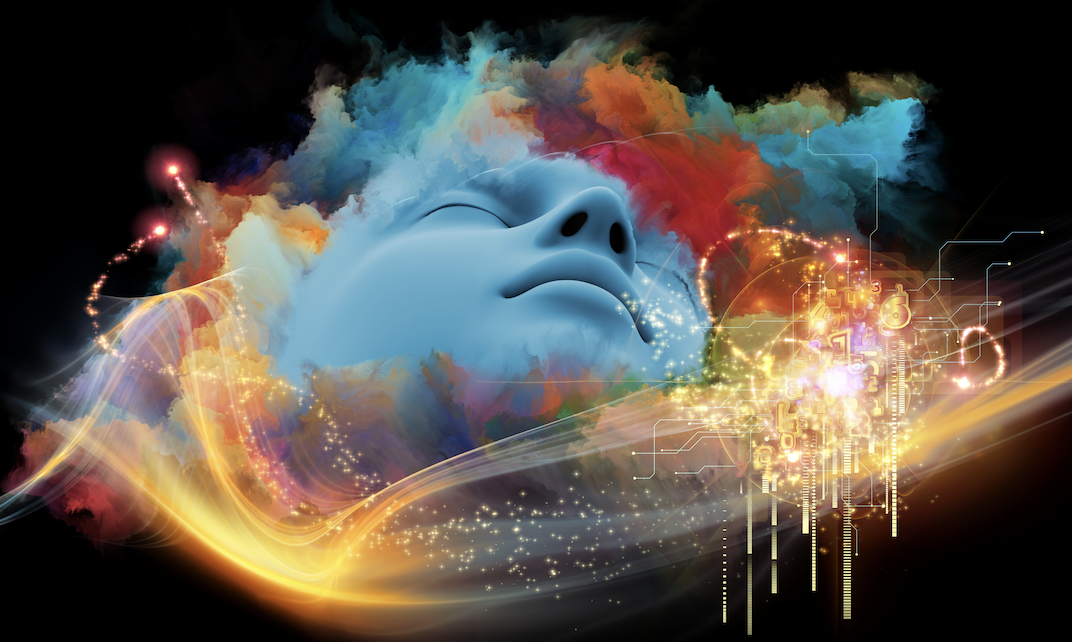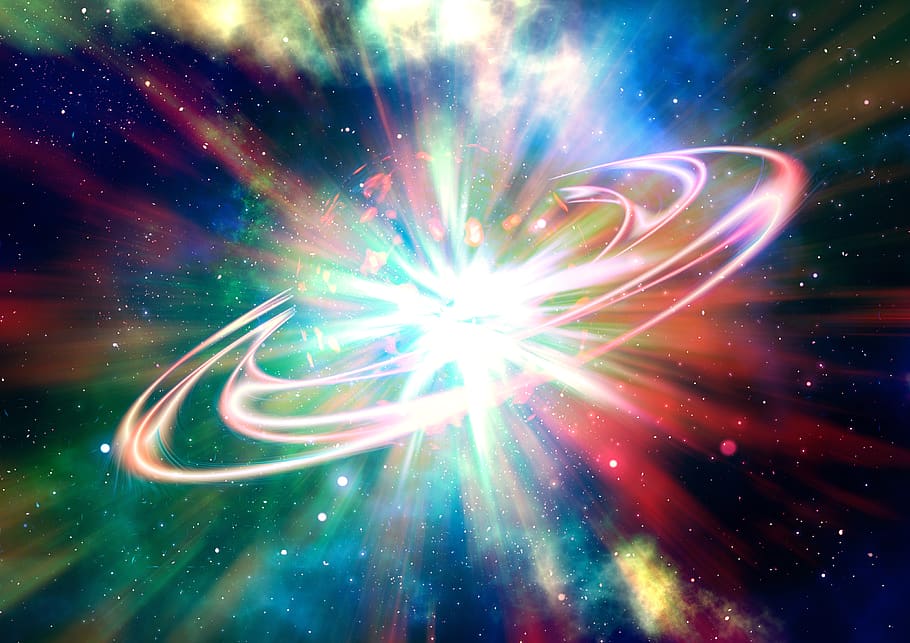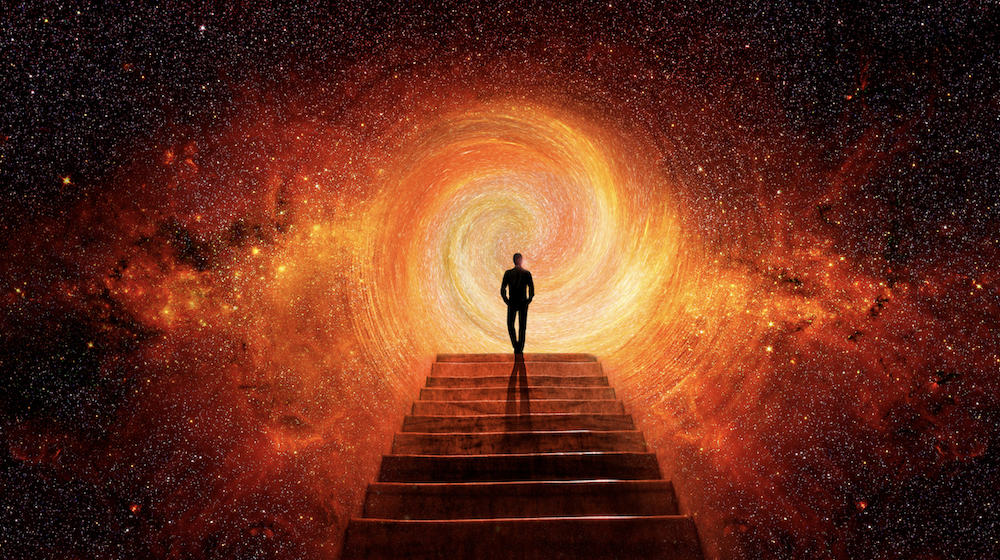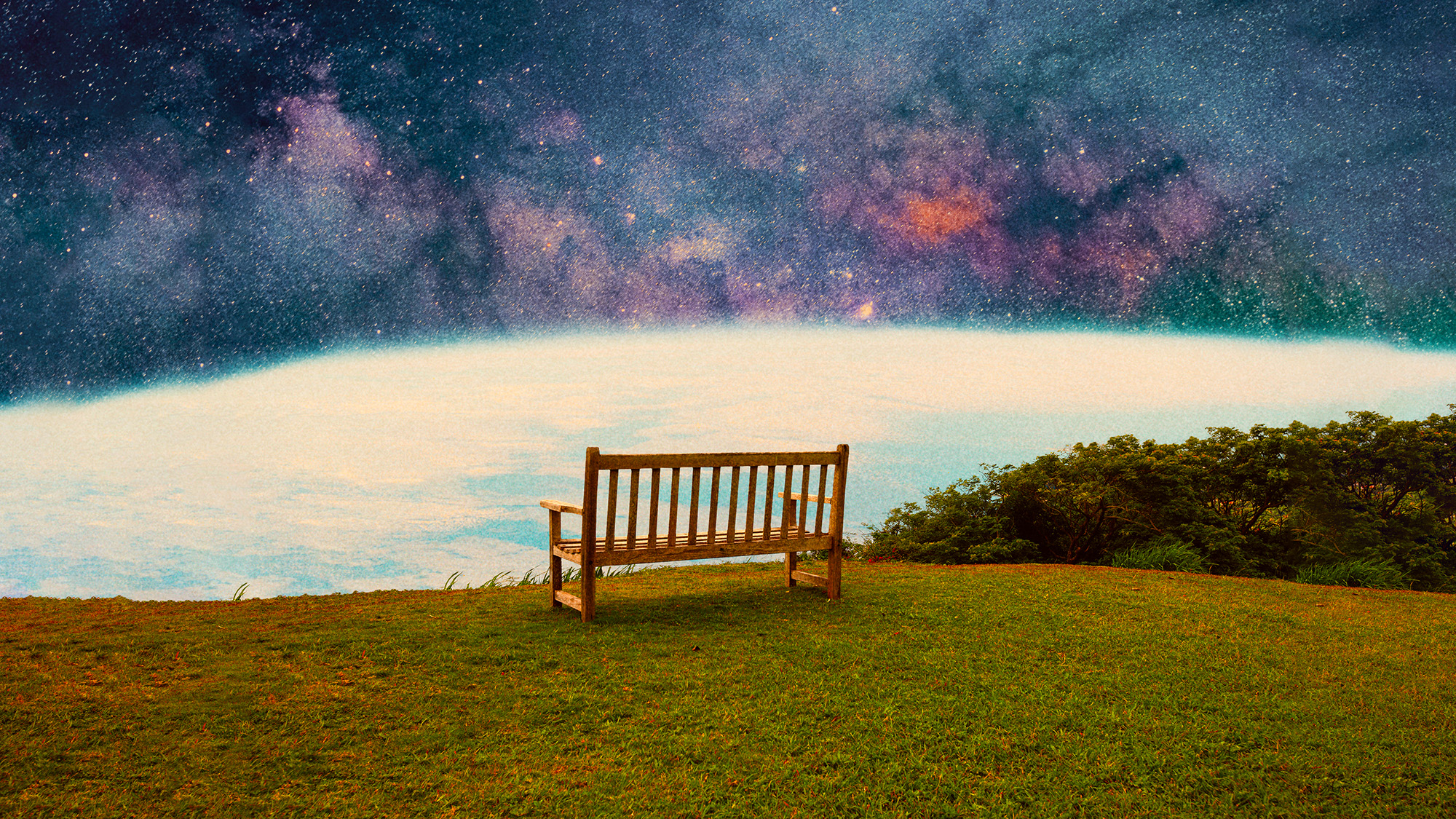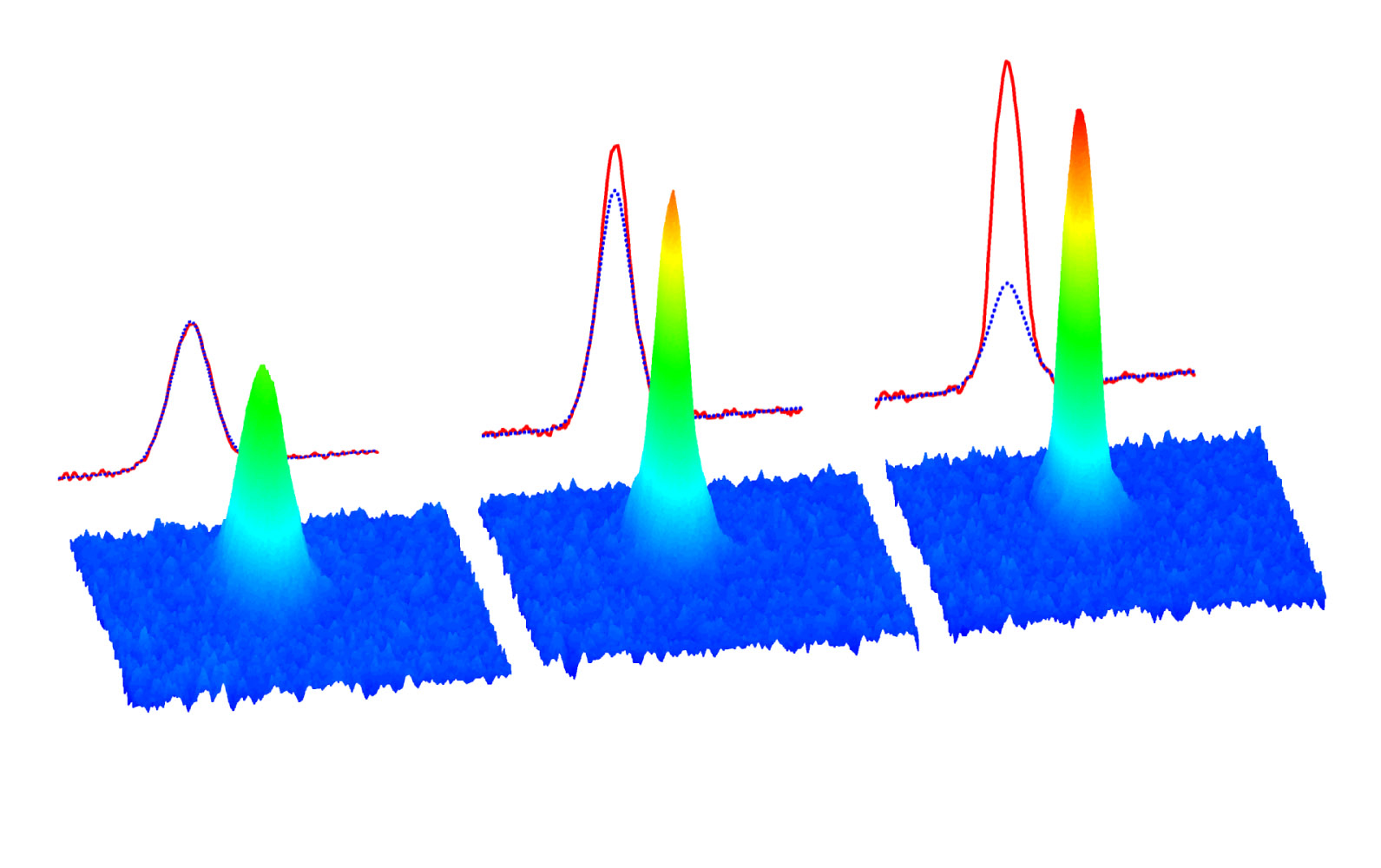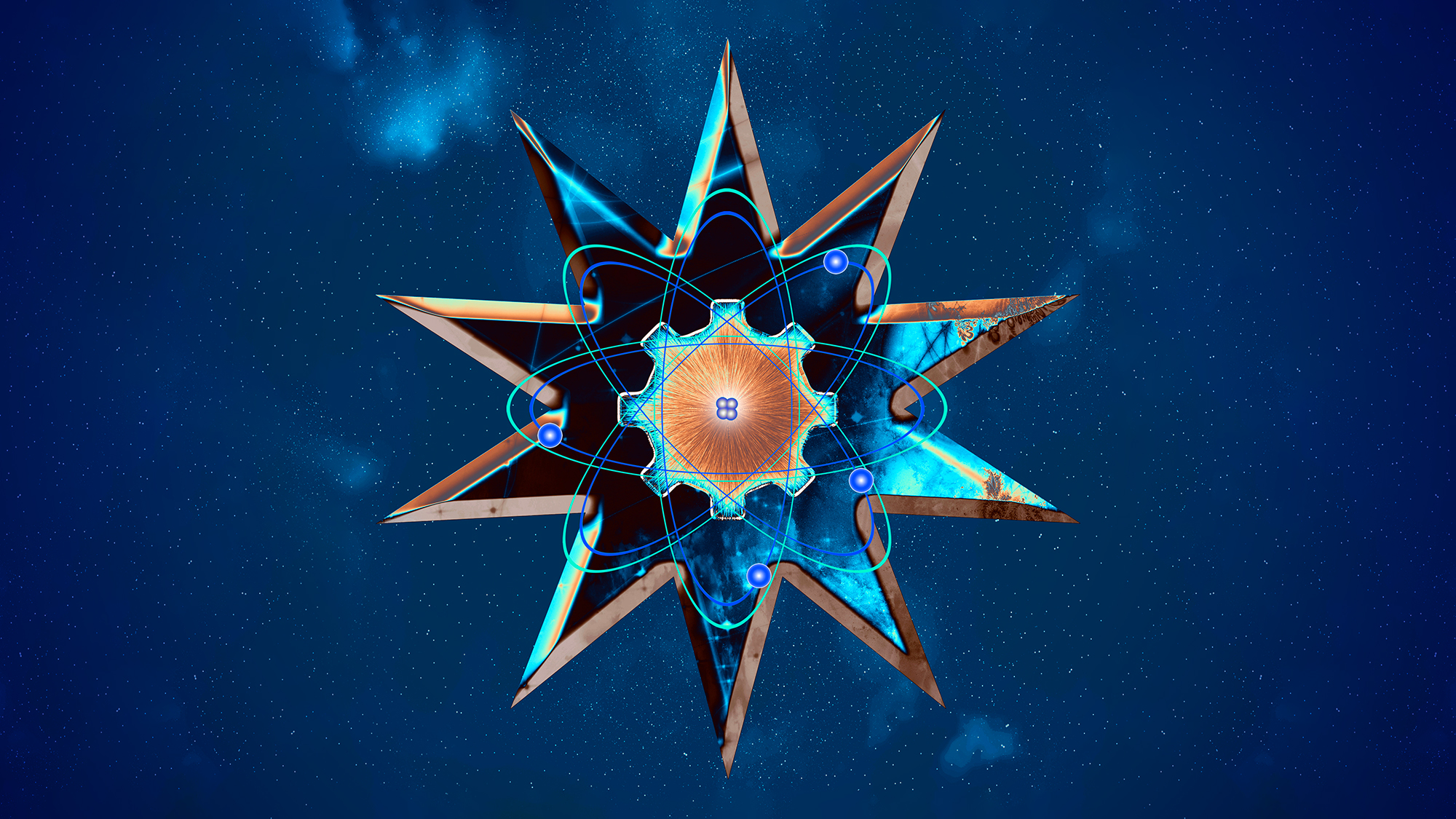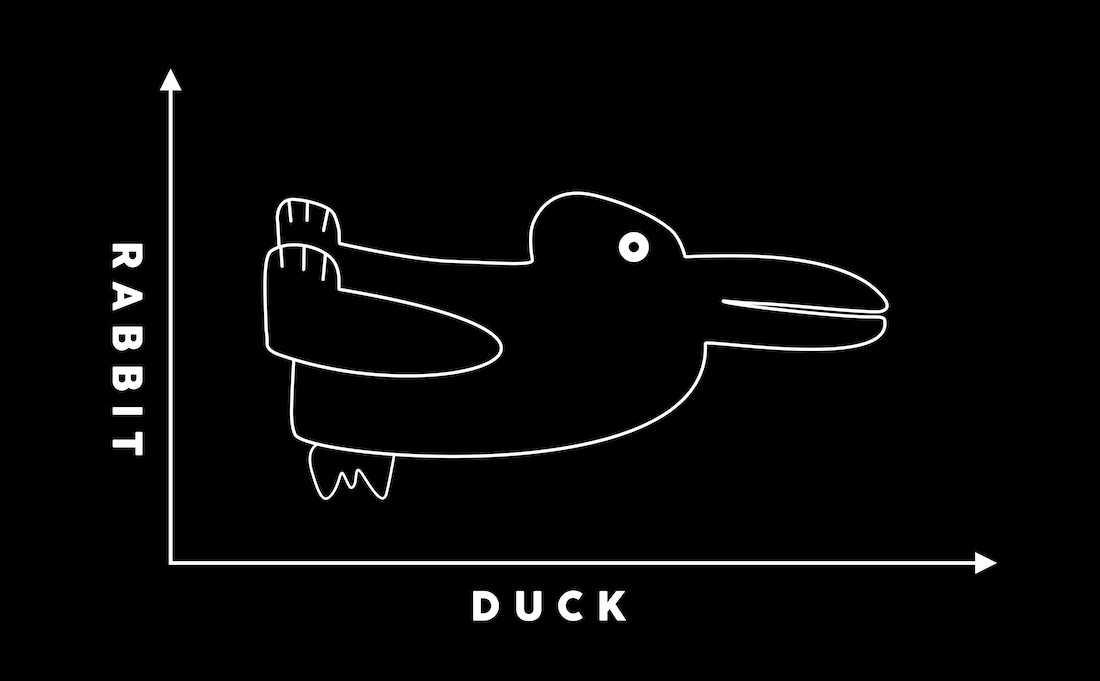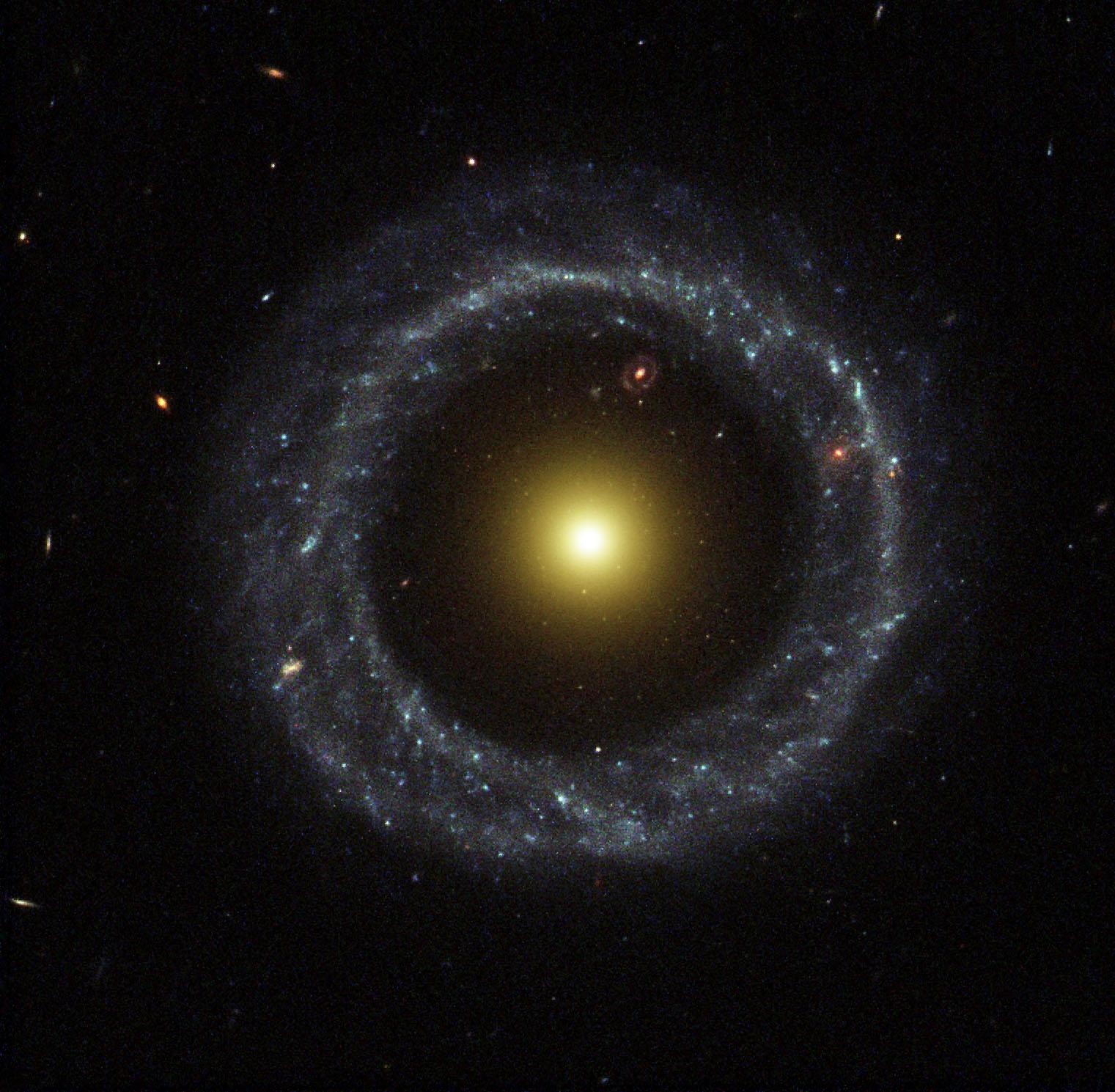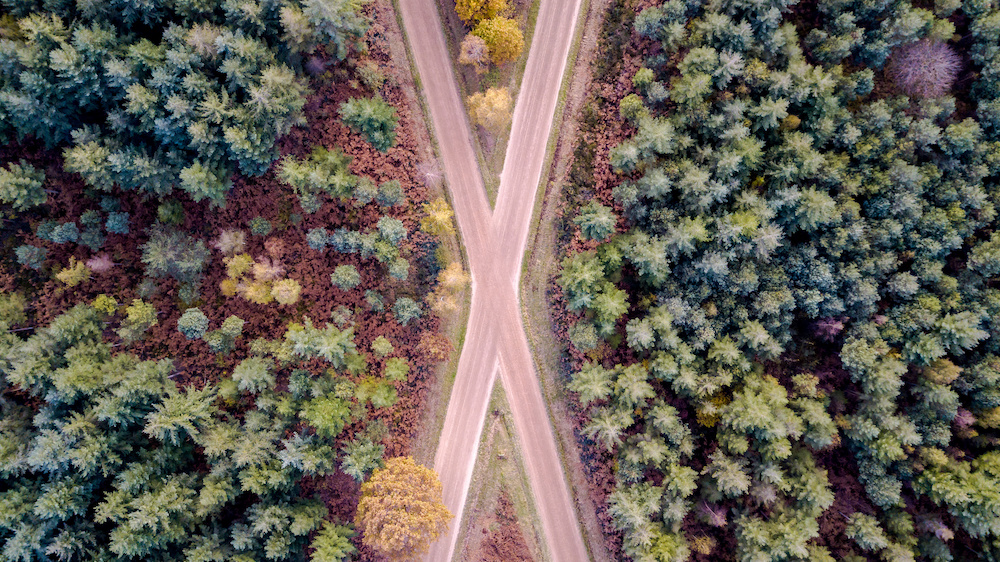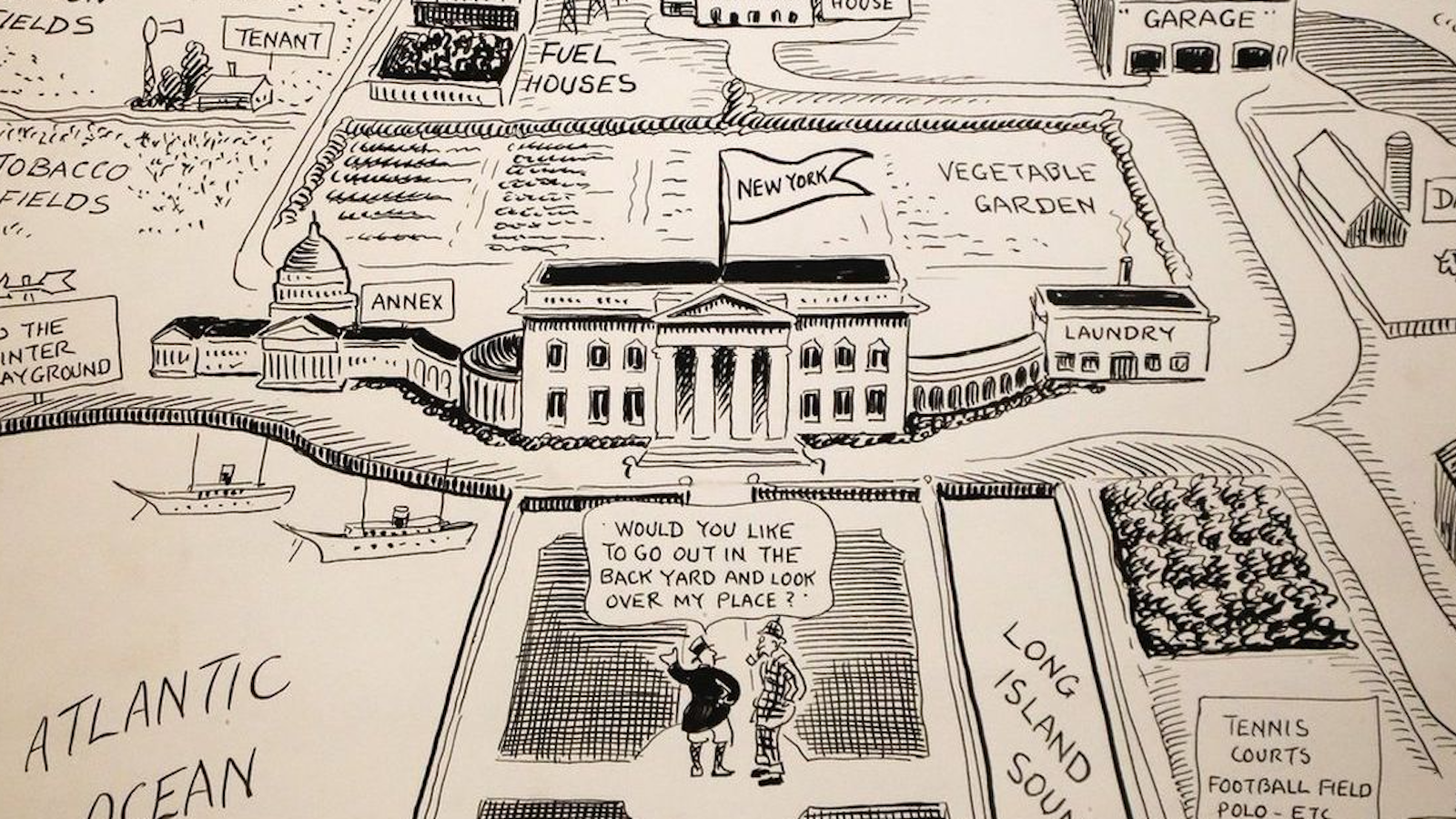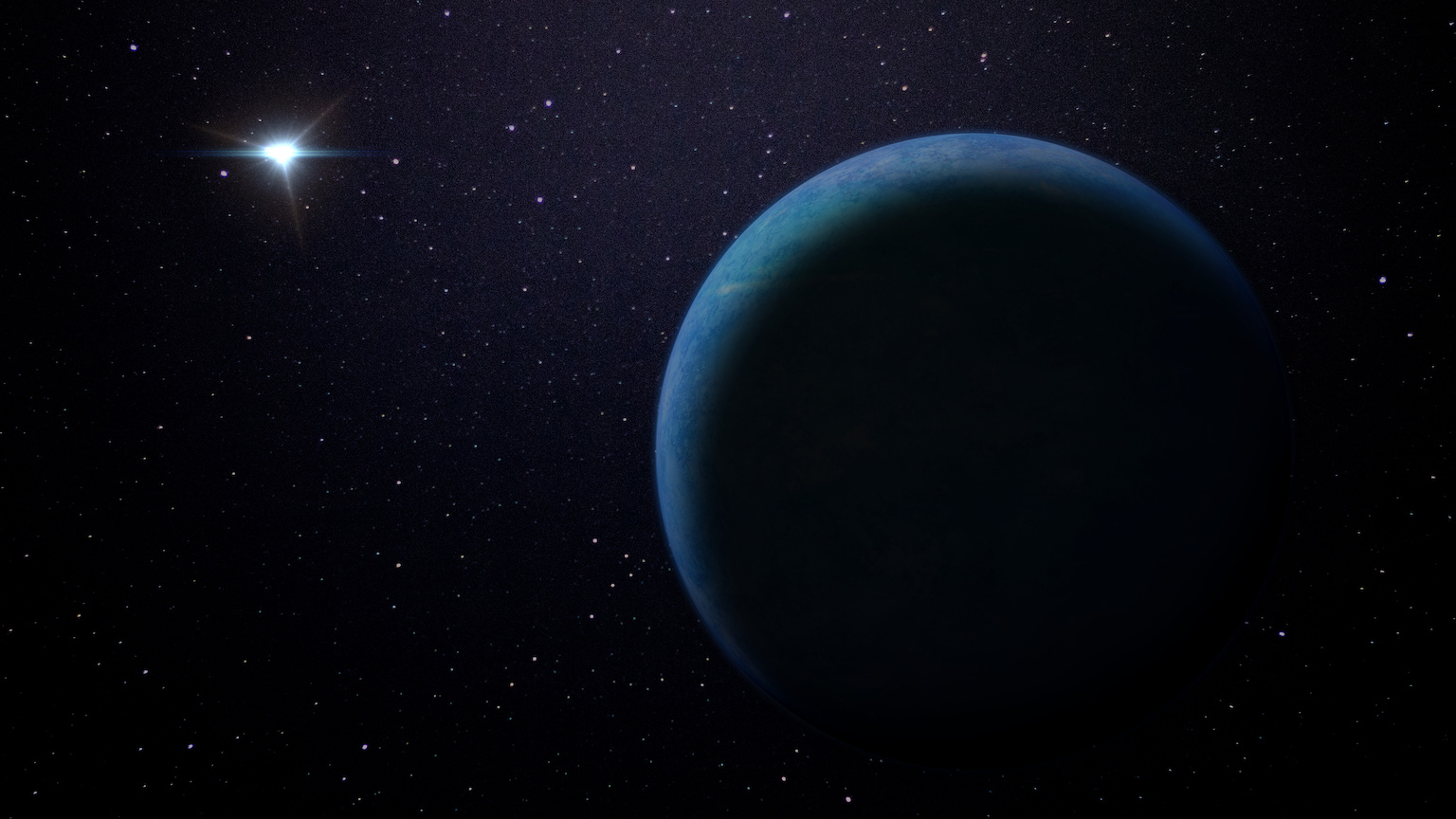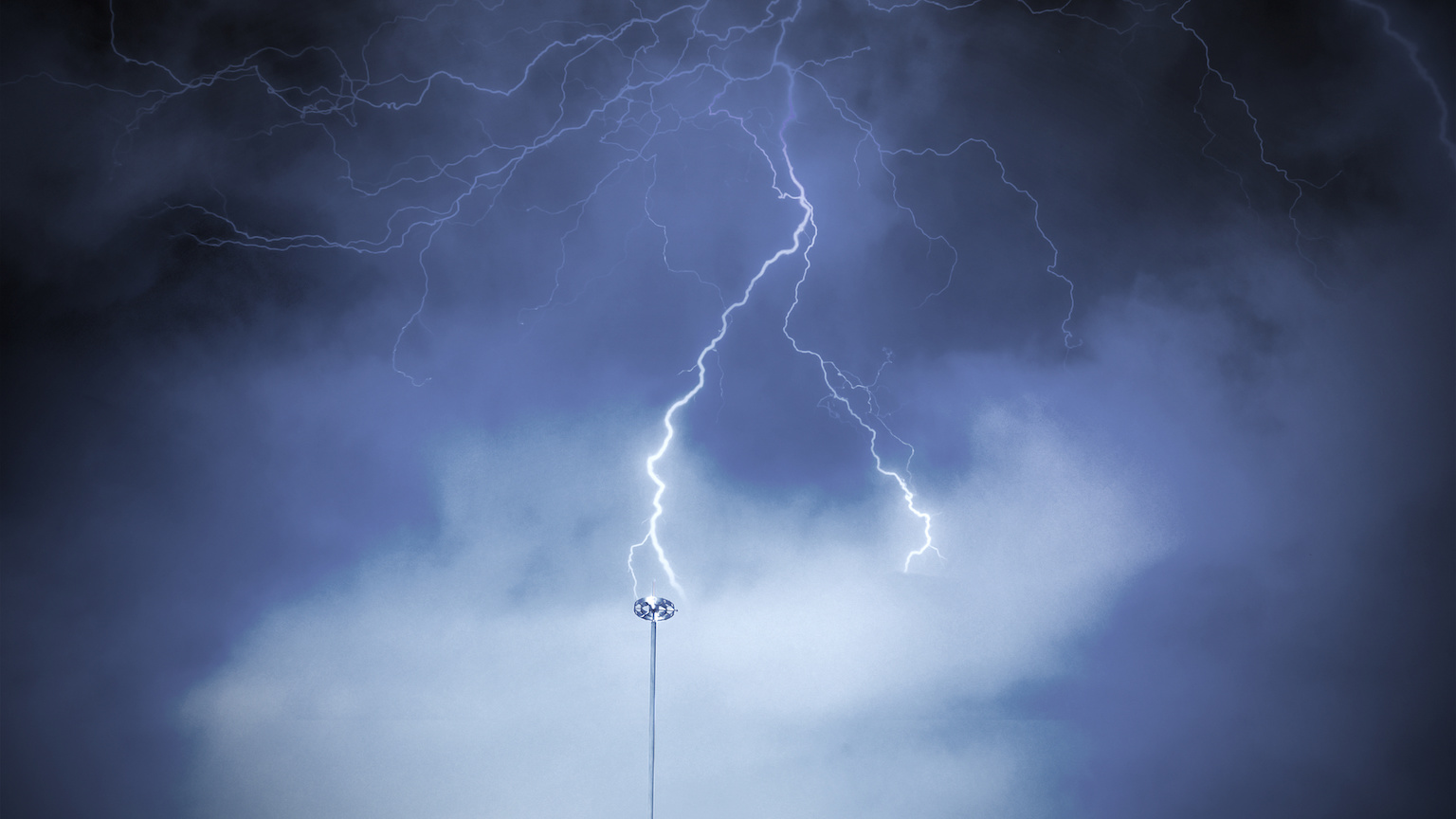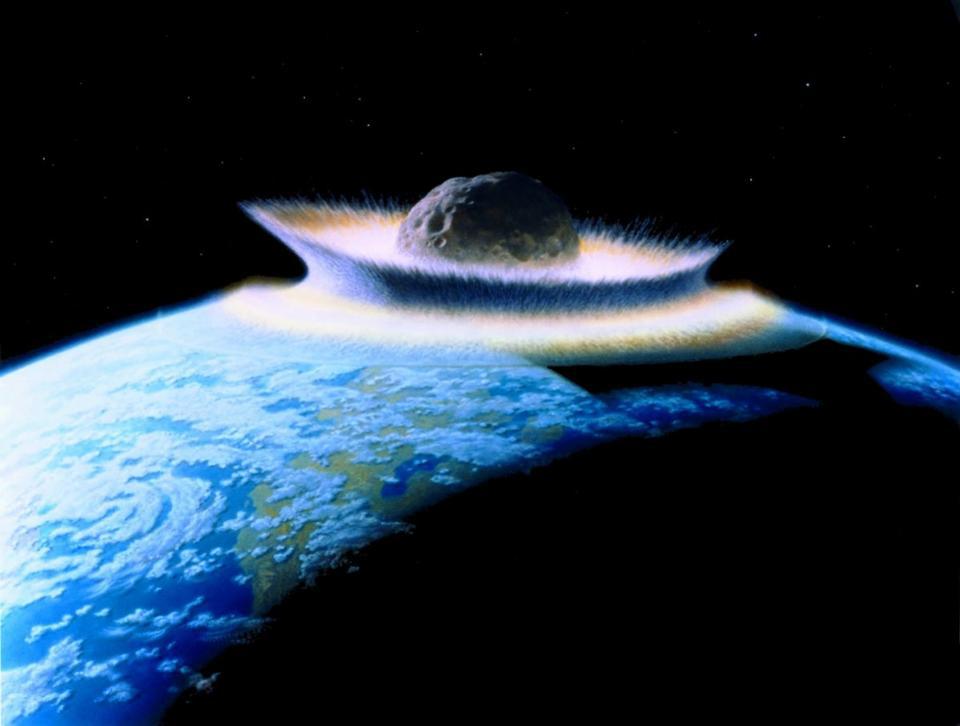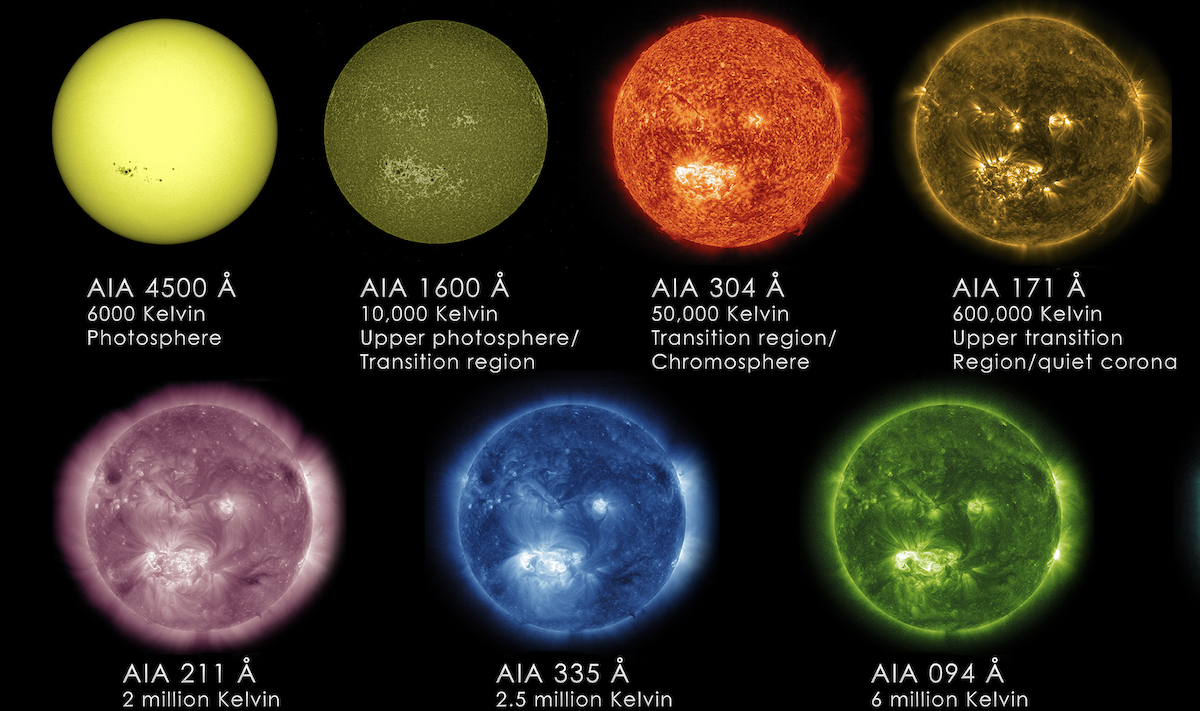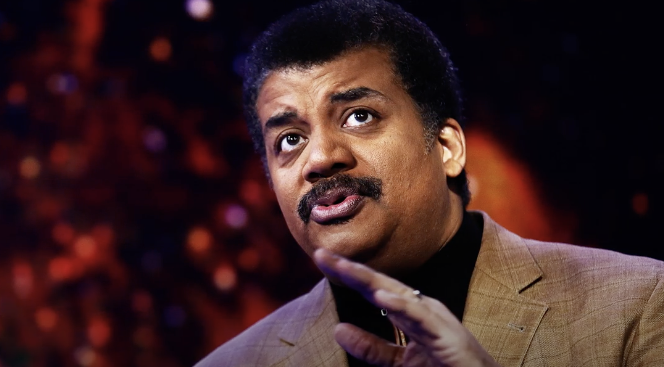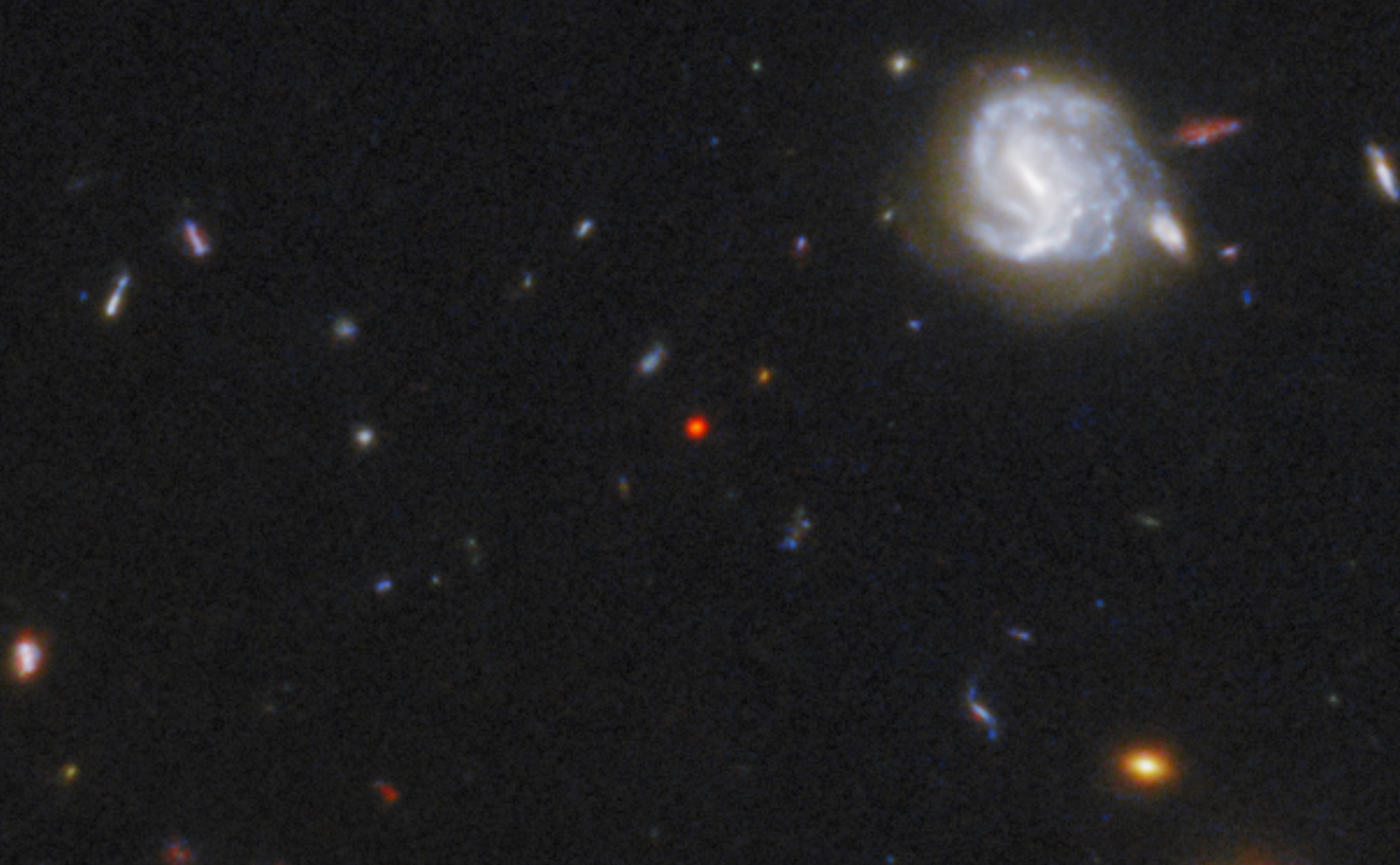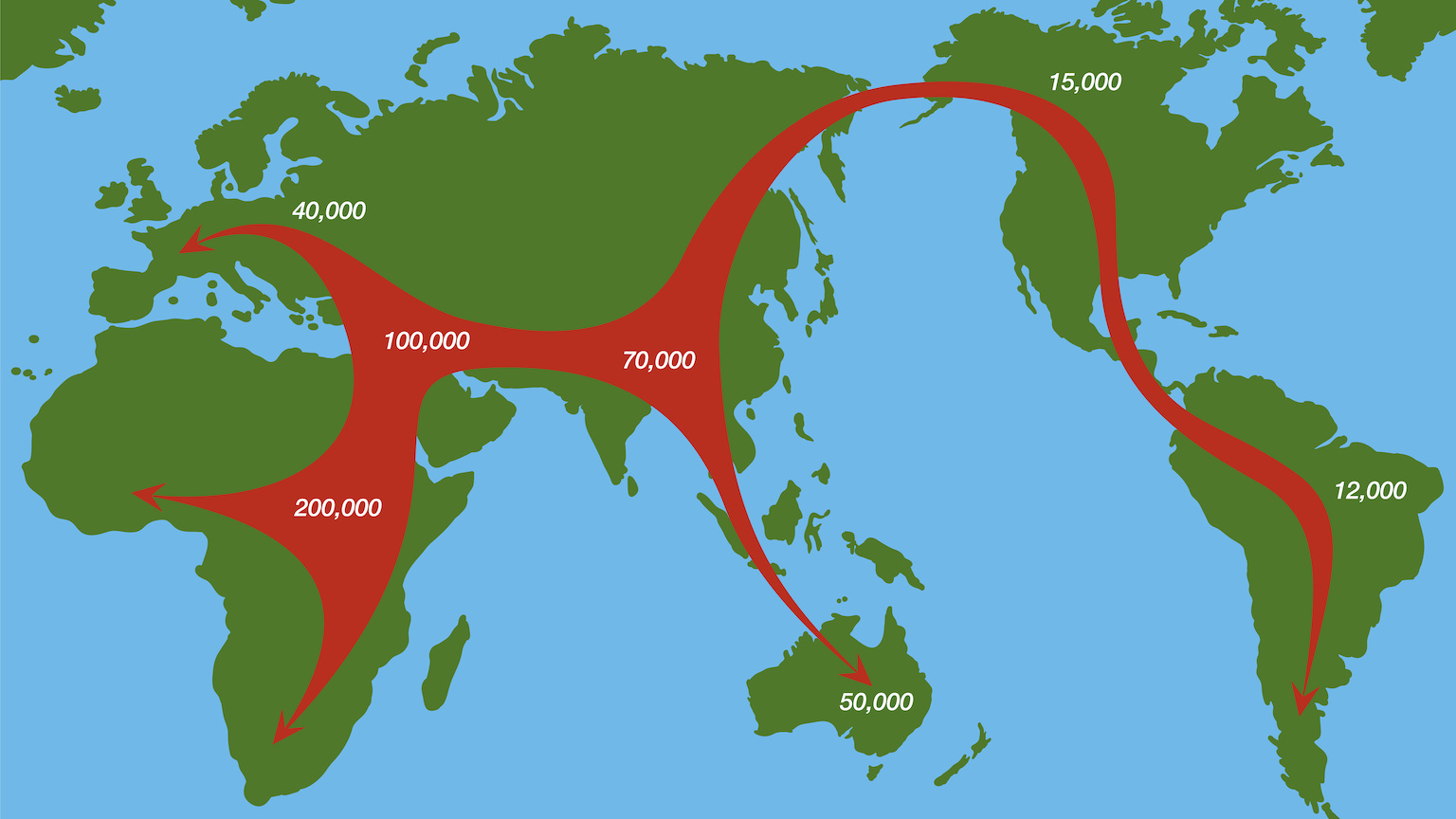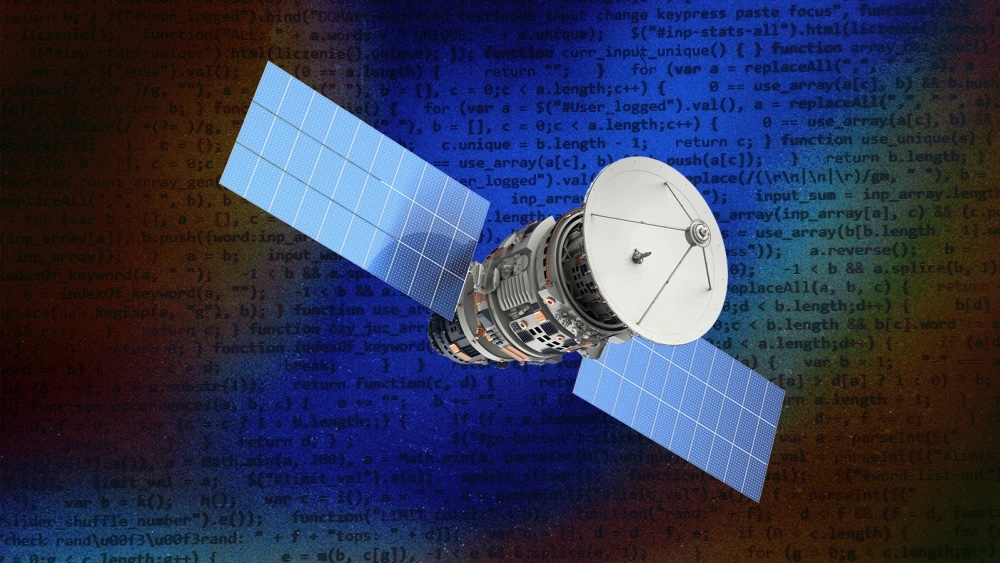Majoring in economics can boost a graduate’s early-career income by several thousand dollars, at least for those who live in California.
Shoving platelet-rich plasma up your nose might restore your sense of smell after COVID. But whether it actually works still needs to be sniffed out.
Moral dilemmas reveal the limitations of ethical principles. Oddly, the most principled belief system might not have any principles at all.
Ancient helium-3 from the dawn of time leaks from the Earth, offering clues to our planet’s formation. A key question is where it leaks from.
A small percentage of people who consume psychedelics experience strange lingering effects, sometimes years after they took the drug.
AI-generated photos, also known as synthetic media, are being used to create fake experts and journalists to spread disinformation.
You’ve spent almost a decade gaining extremely specialized skills. But that’s ok; your value is greater than you realize.
After mammoth investments and two decades of anti-aging research, what do immortality proponents have to show for it?
Realism in science cannot be completely unmoored from human experience. Otherwise, realism ends up tortured with unreal paradoxes.
“Immodest Acts” tells the story of Benedetta Carlini, a lesbian nun who claimed to be a mystic visionary but failed to convince the leaders of her faith.
When making any tough decision, the key is not to be overly exploratory or exploitative.
At very high and very low temperatures, matter takes on properties that open up an entire Universe of remarkable new possibilities.
Behavioral interventions may be better for long-term health.
How efficiently could quantum engines operate?
“Who ya gonna believe: me or your own eyes?” Until you can assess your perception, the answer should be neither.
Spirals, ellipticals, and irregulars are all more common than ring galaxies. At last, we know how these ultra-rare objects are made.
Inflection points veer life in unexpected directions. While unnerving, they provide opportunities for those who can navigate them.
Satire and an inflated sense of self-importance collide in a series of maps that goes back more than 100 years in American history.
Pluto failed to meet the definition of a planet, but some astronomers think there might be a legitimate Planet 9 out there.
Benjamin Franklin’s lightning rod saved countless lives, but some religious leaders denounced his invention.
The recently discovered Oort cloud comet, Bernardinelli–Bernstein, has the largest known nucleus: 119 km. Here’s what it could do to Earth.
Plants are very sensitive to touch, with research showing that touching a plant can change its genome and launch a cascade of plant hormones.
The European Space Agency’s Solar Orbiter recently captured images that could help scientists better under the mysterious physics of our Sun.
When was the last time you spent some quality time with yourself?
Dr. Tyson explains where we might find aliens, why “dark matter” is a misleading term, and why you can blame physics for your favorite team’s loss.
Single objects rarely change the course of an entire scientific field. Distant object GNz7q, a galaxy-quasar hybrid, might do exactly that.
A lucky discovery involving lithium-sulfur batteries has a legitimate chance to revolutionize how we power our world.
Archaic humans ventured into Eurasia in waves, not always successfully. They may have started their journey in North Africa or West Asia.
“Dead” satellites aren’t just space junk. They are also targets for hackers to hijack and use to broadcast misinformation.

